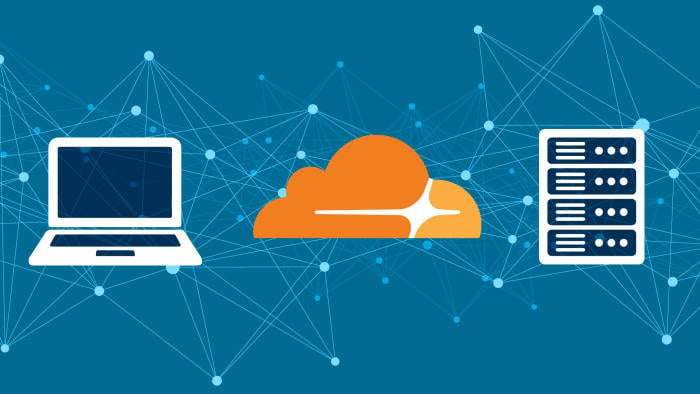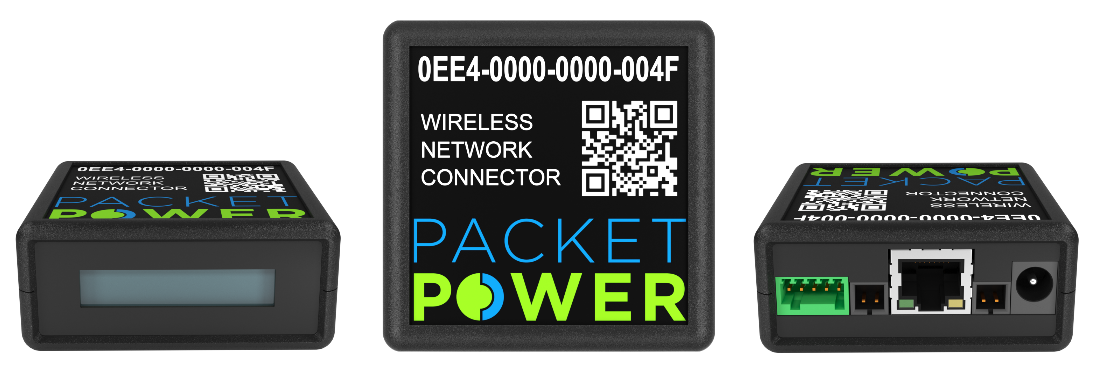Remote Monitoring Now Essential for Business Operations
It has never been more important for your critical infrastructure to be up and running. Remote monitoring helps ensure your facilities are operating...

You know that your operations team can use energy usage data to help ensure your entire facility runs more smoothly. Monitoring can also save money by reducing costs and extending the life of critical equipment. It can identify inefficient energy use and times when buildings are approaching peak demand usage triggering peak utility pricing. Monitoring can highlight ways to safely reduce cooling costs. Monitoring delivers the data to help in capacity planning. It can help identify when additional capital expenditures will be needed or that such investments can be delayed.
Even though we know the benefits of monitoring, it can still be viewed as "non critical" when budgets are constrained. Here are a few tips to help make the case for adding power and environmental monitoring to your critical facility.
Start with the current challenges your team is facing. What questions keep coming up? What challenges are you trying to address?
Power and environmental monitoring can be a simple and low risk investment that quickly answers these questions and provides tangible benefits. Consider an incremental approach to adding monitoring to your facility. Be sure whatever system you choose allows you to adjust your plans based on what you've learned. Avoid having to commit to an "all or nothing" solution.
Recognize that if you knew every "thing" and every "where" you need to monitor, you probably wouldn't need to monitor. Focus on monitoring what matters most to you and your business. Productive facilities managers are successful by adding monitoring in stages that are low cost, quick to deploy, and quick to start generating useful data that pays for itself. This approach is also generally easier to get budget approval. Starting small and showing tangible results helps make the case for the next stage of investment -- in capital expenditures or additional monitoring. Try to avoid analysis paralysis in search of the "ultimate solution".
Monitoring can also lead to increased organizational effectiveness. Introducing a monitoring solution to replace routine tasks can free up employees to work on more important tasks or critical projects. This shift in human capital can result in greater organizational efficiencies, increased staff productivity, and reduced risk.
A monitoring system is not really about hardware or software. It is there to give you information that leads to tangible business value. An effective monitoring system needs to show you the "so what". That includes cost savings, usage reports for accurate cost allocation, assurance that critical equipment is operating as it should be or justification for capital investment.
Share the insights you've learned from monitoring. You'll build valuable relationships internally and externally using data-driven information that helps address real business challenges. You'll also be in a better position to submit future funding requests when they're backed by prior business results.
Check out these articles for additional information. They were written for data center managers but apply to facility operations managers in manufacturing, hospitality, education, telecommunications, and multi-tenant commercial and municipal property management.
What you need to know to manage your facility more effectively
How to grow into monitoring without breaking your budget
About Packet Power
Packet Power makes it easier and more affordable for facilities managers to track and analyze energy usage and environmental conditions. Managers leverage this information to:
Packet Power offers wireless power and environmental monitors that can be used throughout a facility and use a unique wireless protocol that makes them easier to install, easier to operate, and more secure than competing solutions. Monitoring data is easily accessed using standard SNMP or Modbus protocols.
Packet Power's wireless protocol is proven to work in data centers and other critical facilities run by major financial services firms, government agencies, educational institutions and colo companies worldwide. Packet Power works closely with expert partners to provide responsive support in Asia, the Americas, Europe, Africa and Australia.
Contact a partner near you or email info@packetpower.com if you'd like to learn how wireless facility monitoring solutions can help you.

It has never been more important for your critical infrastructure to be up and running. Remote monitoring helps ensure your facilities are operating...

Your energy costs are likely going up. It's an unavoidable expense because you need electricity to do business. How can you reign this in? The first...

No more stranded smart power strips! Packet Power now provides an easy way to make supported metered devices not connected to a network work over...